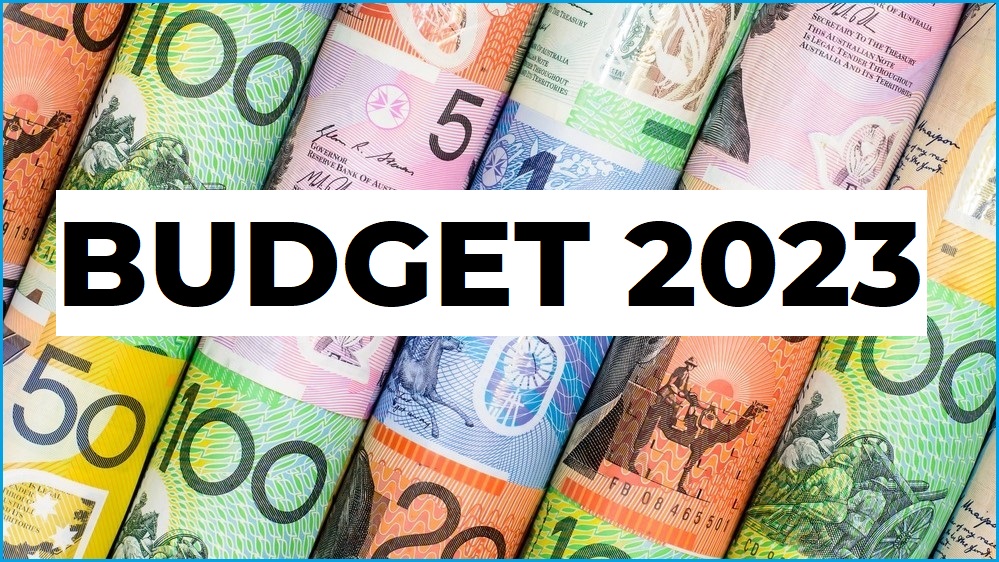A major cyber security uplift initiative, more than $100 million for quantum and artificial intelligence and a near-$400 million Industry Growth Program are among the significant tech-related measures in this year’s federal budget.
Treasurer Jim Chalmers handed down the federal budget on Tuesday night, achieving the first surplus in 15 years and revealing more than $20 billion in new policy measures.
The budget focused mainly on cost-of-living relief measures and is fairly scarce in tech-related initiatives.
Major announcements in the space include more than $100 million to improve cyber security across the economy, $116 million for the development of critical technologies and about $2 billion in spending across a range of government tech platforms and projects.
Australian Computer Society (ACS) CEO Chris Vein said more support for the tech sector will be needed in future budgets.
“ACS acknowledges the challenges facing the federal government with the 2023 budget and its focus on social programs on making Australia one of the best places in the world to live,” Vein said.
“While we welcome the spending allocated to growing the nation’s critical technology industries, we would urge the government to consider the strategic importance of the sector to Australia’s economy.
“With nearly a million Australians working in technology roles by the end of the year, more support and recognition for the sector is required.
“We will continue to work with the government to raise the importance of boosting the nation’s digital skills and capabilities.”
One of the biggest tech-related spends in the budget is $101.6 million over the forward estimates, and $11.8 million in ongoing annual funding for supporting and uplifting cyber security across the country.
This funding package includes $46.5 million to establish the Coordinator for Cyber Security which will coordinate the Commonwealth’s cyber efforts, and $23.4 million over three years for Treasury to launch a small business cyber awards program.
The funding for the cyber initiatives has been partially met from existing resources in the Department of Home Affairs, and redirected funding from the Australian Taxation Office’s Cyber Hub pilot scheme.
On the back of the recent unveiling of Australia’s first national quantum strategy, $116 million has been allocated over five years to support the development of critical technologies with an aim to “drive economic growth, boost technology industries and support the creation of new jobs”.
The vast majority of this funding will go towards a Critical Technologies Challenge Program to encourage businesses to integrate quantum and AI into their operations, with an initial emphasis on quantum technology.
Funding will also be provided to extend the National AI Centre and to establish an Australian Centre for Quantum Growth.
The former Coalition government’s Entrepreneurs’ Programme will be revamped and transformed into a $392.4 million Industry Growth Program, which will support commercialisation and growth operations.
The program will be matched to the existing National Reconstruction Fund’s seven priority areas, and will aim to funnel research into applications to this fund.
In an effort to combat the rising cost of scams, $58 million has been allocated to stump up the already announced National Anti-Scam Centre within the Australian Competition and Consumer Commission, while ASIC will receive $17.6 million to help it identify and take down scam sites.
In terms of government digital platforms, about $2 billion has been allocated over the forward estimates for a range of projects.
This includes $134.5 million in 2022-23 to keep myGov running for another year, including the “maintenance of streamlined and secure digital credentials”, which will be partially offset by existing user charging arrangements with the tax office and the Department of Employment, and existing funding in Services Australia.
The long-running digital identity scheme has received a near-$27 million boost in the next financial year, with most of this cash going towards the Department of Finance and Digital Transformation Agency to maintain the current system and design policy and legislate foundations for its expansion.
A further $254.1 million over four years will go towards the Department of Veterans’ Affairs new and at-risk legacy ICT systems, while an undisclosed amount of money will go to the second tranche of the Australian Electoral Commission’s modernisation project.
The My Health Record platform has been allocated $429 million over two years for a modernisation effort, including the creation of a “new national repository platform which supports easier, more secure data sharing across all healthcare settings”.










